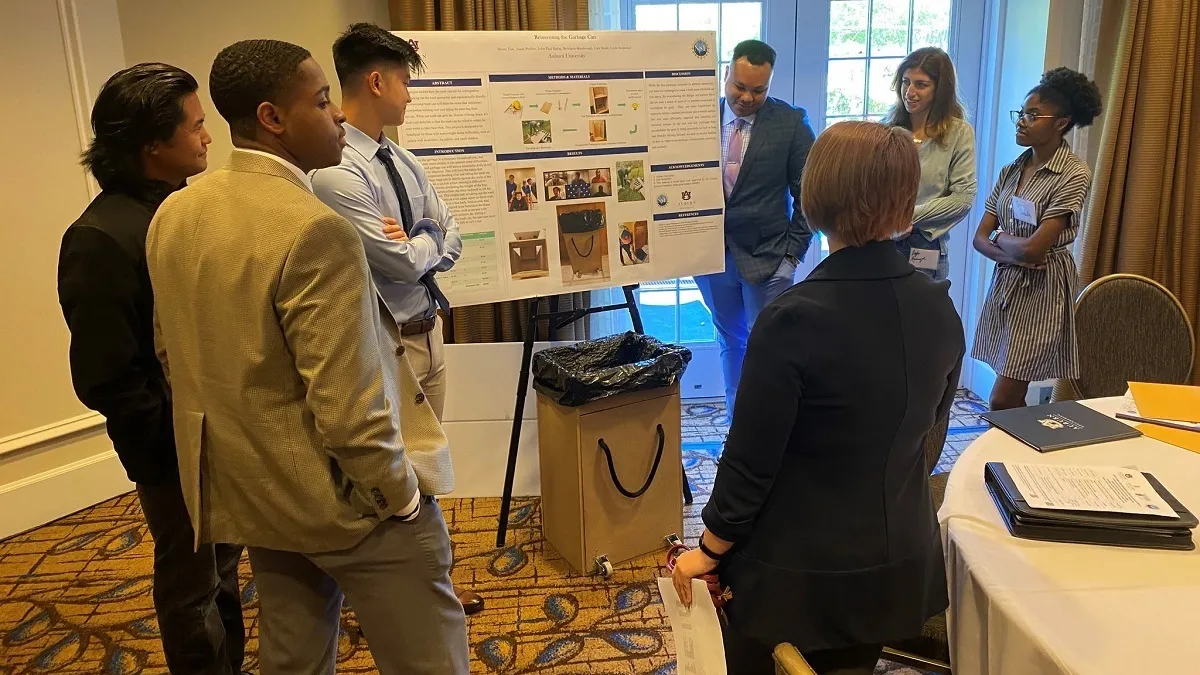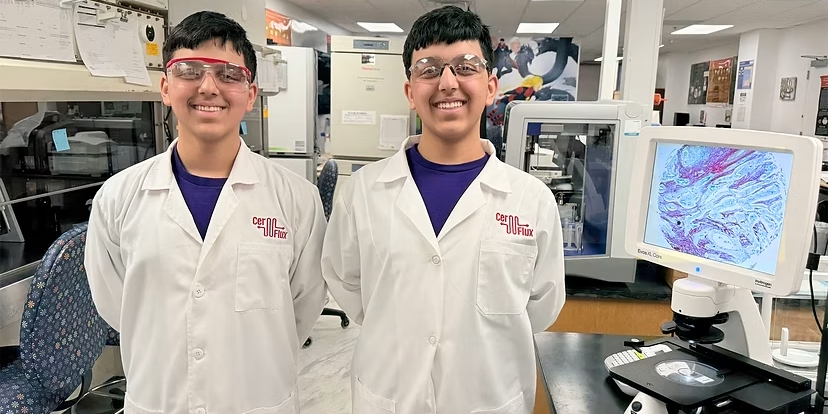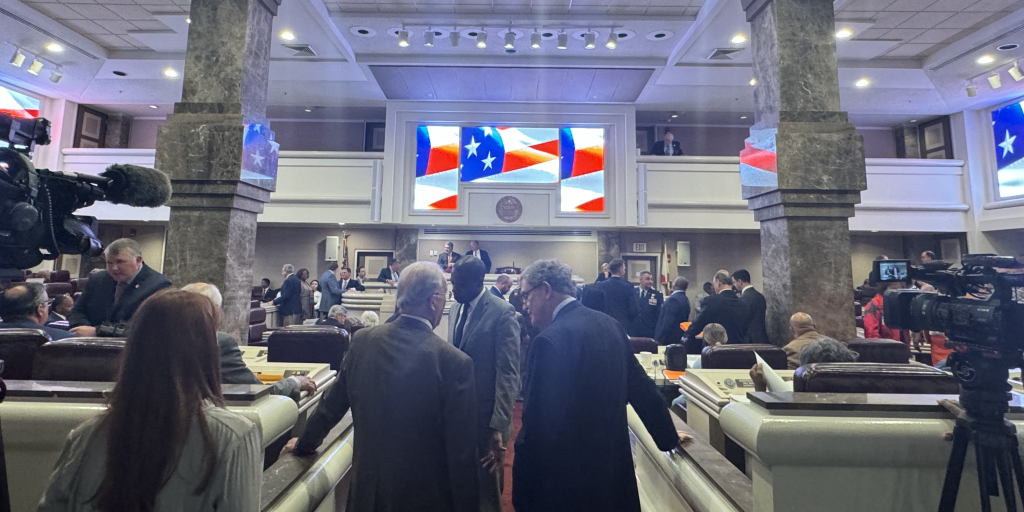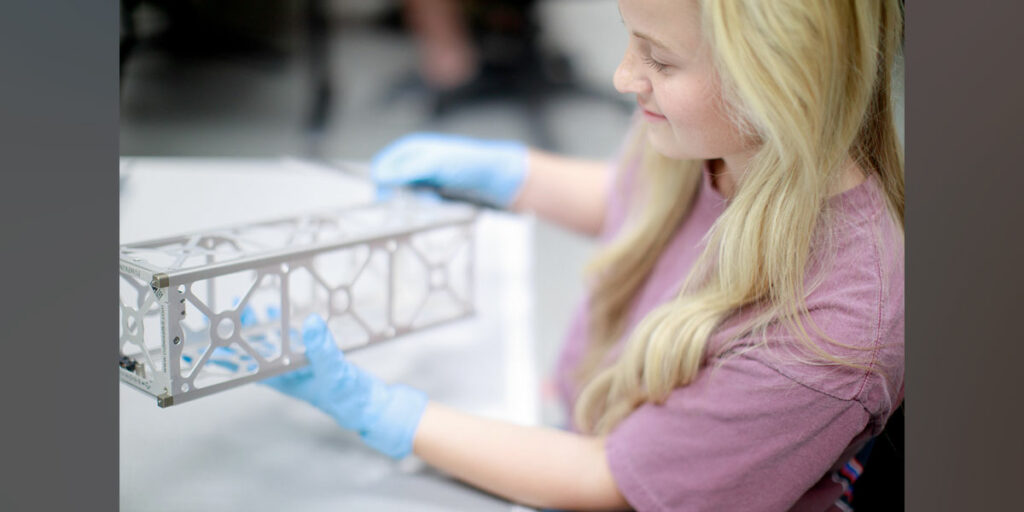Building on a $10 million National Science Foundation grant obtained last August, an Auburn University-based program has expanded into a multi-institutional international research effort to promote science, technology, engineering and mathematics (STEM) education among underserved students.
Dubbed the Institute for Strengthening Pathways and Research Knowledge in STEM, the SPARK STEM Institute aims to engage teachers and faculty, social science researchers, K-12 and higher education administrators and the community.
That engagement will create and evaluate innovative research-based models for improving academic and social experiences to attract, retain and graduate more historically underrepresented students in STEM disciplines, said Overtoun Jenda, assistant provost for special projects and initiatives at Auburn.
“The programs at the institute include African Americans, Alaska Natives, Hispanics, Native Americans, Native Hawaiians, Native Pacific Islanders, persons with disabilities, persons from economically disadvantaged backgrounds and women and young girls,” Jenda said. “Over the life of this institute, our overarching goal is to increase the college and workforce readiness and associate, undergraduate and graduate degrees in STEM disciplines among these groups.”
The SPARK STEM Institute will award scholarships, stipends and internships to students, Jenda said. “However, our core effort is to provide mentorship and guidance to encourage and support student successes.”

Comprising eight core partner institutions in the greater Alabama Black Belt region, the SPARK STEM Institute takes a multi-targeted focus on areas that include state, regional, national and international objectives and participants from government, industry, national and local organizations and more than 60 affiliate institutions collaborating on ongoing projects and initiatives.
“This will be achieved and sustained by leveraging funding sources, conducting impactful service, involving exceptional and engaged faculty and mentors, and developing creative and transformative research-based models for improving academic performance and social integration in STEM disciplines,” Jenda said.
“This major award from the National Science Foundation and the establishment of the SPARK STEM Institute will allow Auburn and collaborating institutions to foster a more diverse workforce while improving educational opportunities for students with disabilities,” said James Weyhenmeyer, Auburn’s vice president for research and economic development.
SPARK STEM Institute consists of two informal STEM centers: SPARK STEM Center for Persons with Disabilities and SPARK STEM Center for Underrepresented Minorities and Underserved Populations. The centers will share the same goals but have distinct areas of focus and initiatives.
The institute is administered through the Office of Special Projects and Initiatives and governed by a board of deans and directors. Each center has its own advisory board.
Jenda will be assisted in the institute administration by others at Auburn, including Keri Hesson and Brittany McCullough with the Office of Special Projects and Initiatives, David Shannon with the College of Education and James Witte with the School of Aviation; as well as Carl Pettis, Alabama State University provost; and Mohammed Qazi, associate dean, College of Arts and Sciences at Tuskegee University.
A joint conference was held April 23 for two SPARK STEM Institute programs: the Greater Alabama Black Belt Region Louis Stokes Alliances for Minority Participation (GABBR LSAMP) and Making to Advance Knowledge, Excellence and Recognition in STEM (MAKERS). The institute has planned a multiday symposium involving representatives from each of the SPARK STEM Institute participating institutions for this fall at Auburn.
(Courtesy of Auburn University)













